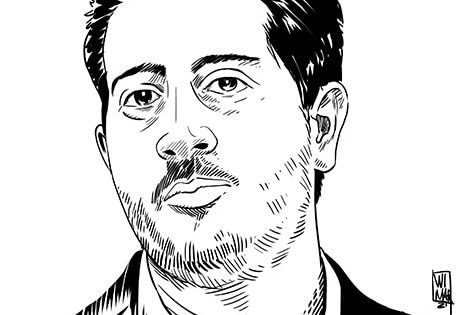(IAPA/IFEX) – The following is an IAPA press release: IAPA worried about health of Cuban journalist on hunger strike Requests investigation into attacks against reporters in The Bahamas Miami (February 10, 2006) – The Inter American Press Association (IAPA) draws attention to the serious condition of journalist Guillermo Fariñas Hernández, who has been on a […]
(IAPA/IFEX) – The following is an IAPA press release:
IAPA worried about health of Cuban journalist on hunger strike
Requests investigation into attacks against reporters in The Bahamas
Miami (February 10, 2006) – The Inter American Press Association (IAPA) draws attention to the serious condition of journalist Guillermo Fariñas Hernández, who has been on a hunger strike in Cuba for the past 11 days, and condemns attacks against four journalists from Miami who were reporting on Cuban detainees in The Bahamas.
Fariñas started the hunger strike on January 31, and demands that Cuban authorities guarantee access to the Internet and the right to information. According to the journalist’s relatives, his health has been deteriorating and he was hospitalized yesterday. Fariñas is the director of the independent news agency Cubanacán Press, in Santa Clara, Villaclara province in the island’s central region.
At the start of the hunger strike Fariñas sent a letter to President Fidel Castro in which he explained that because the “great majority of Cubans do not have access to a free flow of information, which includes Internet access . . . I have decided to declare a hunger strike, and drink no water either, until I die . . .”
Gonzalo Marroquín, chairman of the Committee on Freedom of the Press and Information, stated that “we regret that in the age of electronic media that one needs to resort to a hunger strike to bring attention to the lack of and restrictions to freedom of expression, of the press, and to the right of citizens to seek and receive information. We hold the Cuban authorities responsible for the journalist’s fate.”
Marroquín, editor of the Guatemalan daily Prensa Libre, also condemned and publicly requested an investigation into the attack against four journalists from Miami by guards at Carmichael Road refugee camp in The Bahamas on February 7. Reporter Mario Vallejo and cameraman Osvaldo Duarte, from Univisión, as well as journalist Alberto Tavares and cameraman Lázaro Abreu, from Telemundo, traveled to Nassau to investigate and interview Cuban families and detainees in this center for illegal immigrants because of allegations of mistreatment. Vallejo suffered an injury to the forehead and some of his recording equipment was confiscated.


